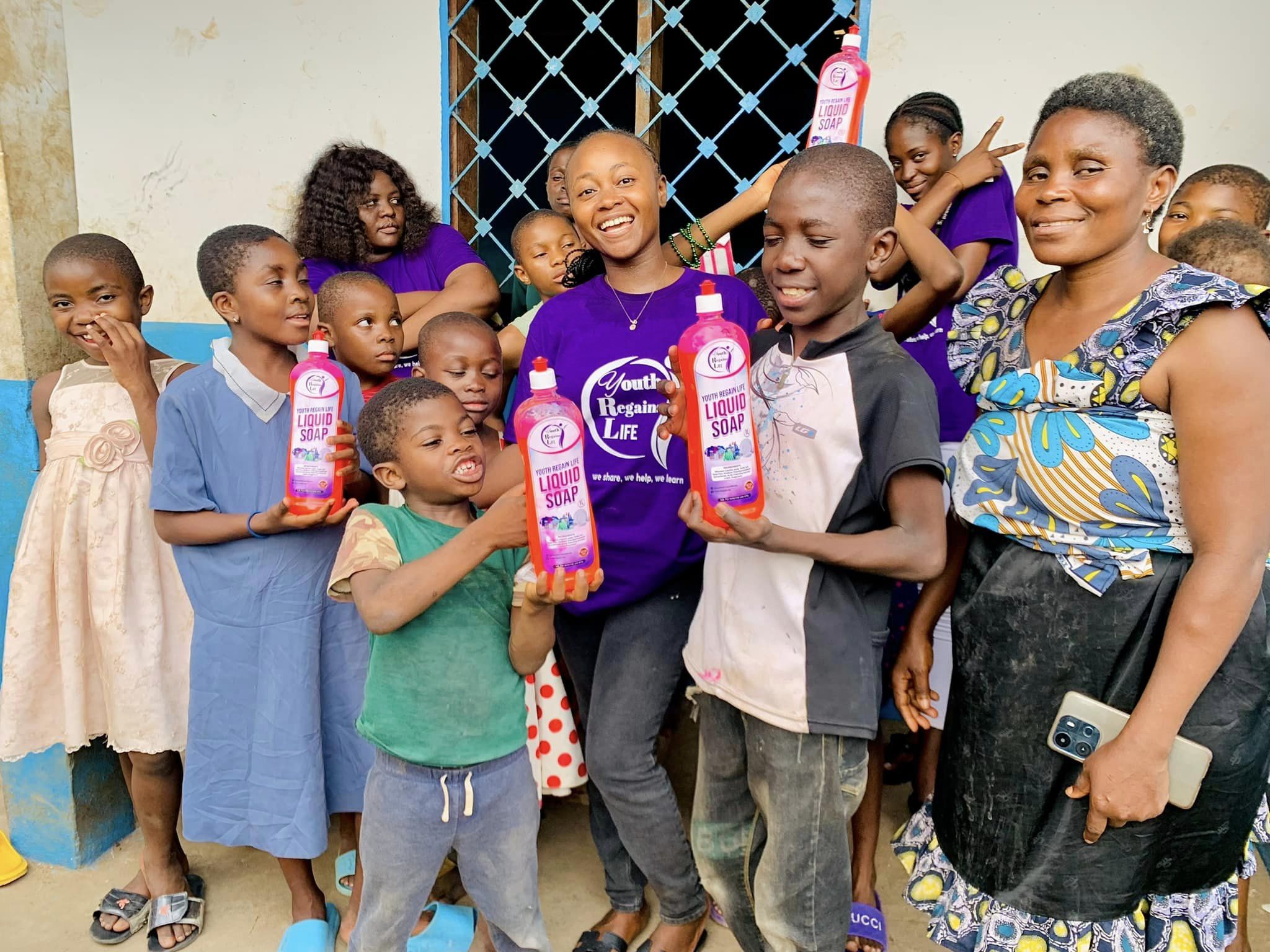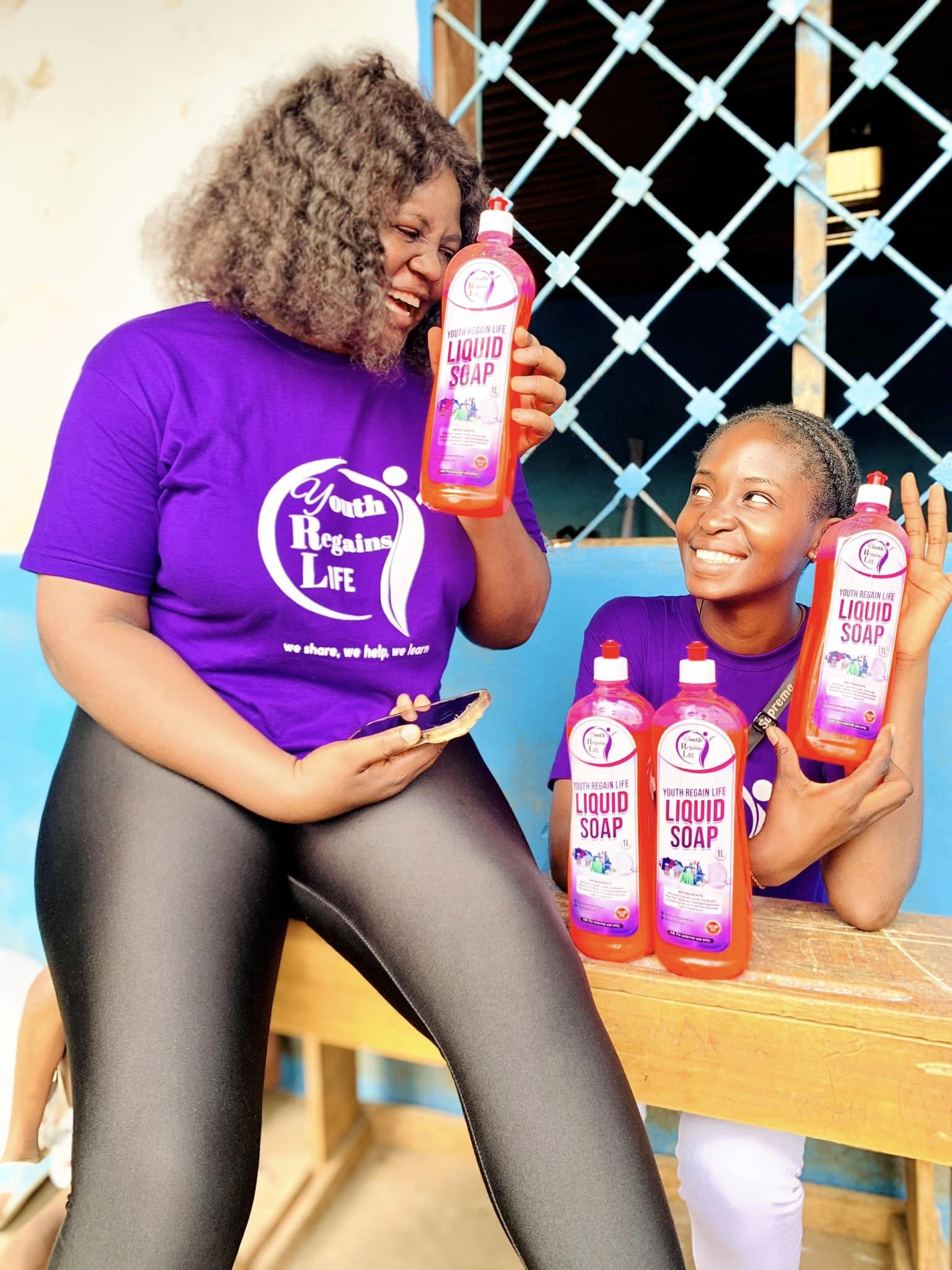A recent study in Cameroon highlights a concerning issue: 95% of menstruating girls miss between one and three school days, 70% experience negative impacts on their grades, and over 50% fall behind academically due to menstruation (Mucherah and Thomas 2017).
In Cameroon, menstrual wellbeing faces significant challenges. A 2022 report by the World Bank Group and the Global Water Security & Sanitation Partnership (GWSP) reveals that 65% of girls and women struggle to afford sanitary pads due to their high cost. Other obstacles include inadequate access to water and sanitation, leading to poor hygiene practices. Social norms and beliefs also contribute to the issue, with menstruating individuals often deemed impure and excluded from educational, professional, and religious activities. These taboos and stigmas perpetuate silence around menstruation, limiting access to vital information on menstrual health and hygiene.
Poor menstrual hygiene poses serious health risks, including reproductive and urinary tract infections, which can lead to infertility and complications during childbirth. Inadequate menstrual management can also cause discomfort and psychological stress, exacerbated by societal taboos and stigma (Sweetman and Medland 2017). Access to safe and affordable sanitary products can significantly reduce these risks and positively influence overall sexual and reproductive health, including lower rates of teenage pregnancy and improved maternal outcomes.
Addressing menstrual hygiene is important not only for upholding health rights but also for protecting other fundamental human rights, such as the right to education, dignity, water and sanitation, and a clean environment.
Last year, on Menstrual Hygiene Day, the focus was on normalizing menstruation and improving the experiences of girls and women. The goal was to create a world where menstruation does not hinder anyone and where individuals can manage their periods with pride and dignity. It is essential to educate all young people, regardless of gender, about menstrual health to dispel myths and prevent the spread of misinformation.
Addressing the economic, social, and cultural challenges related to the accessibility and affordability of sanitary products is also crucial. youth regain life is eagerly anticipating the enactment of the Sanitary Towels Bill, 2024, which aims to ensure the provision of quality, free, and sufficient sanitary towels in all public institutions. youth regain life envisions a world where no one lives in fear or oppression, where everyone has access to decent healthcare and living standards, and where all individuals are treated with dignity and respect.

References:
For further engagement, follow Youth Regain Life on social media:
Instagram: @Youth regain life
Facebook: Youth regain life
For more information, contact:


